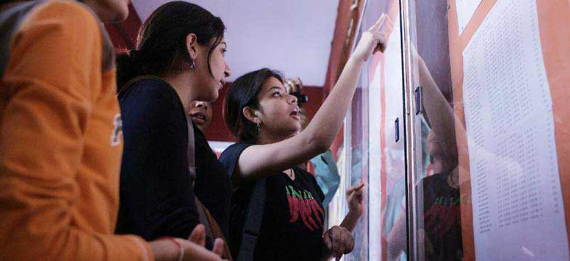Extending Social Justice: The Imperative of Sub-Category Conversations (GS Paper 1, Society)

Context: Internal Inequalities at the Forefront
- The recent Supreme Court judgment affirming the constitutional validity of sub-categorization within the Scheduled Castes (SC) has sparked renewed discussions on social justice in India.
- As we engage in these conversations, it is crucial to keep internal inequalities at the heart of our discourse.
Supreme Court Judgment Overview
- In a landmark 6-1 ruling, the Supreme Court rejected review petitions challenging its August 1 decision, which supports the sub-categorization of SCs.
- This judgment overrules a previous 2004 verdict that deemed sub-categorization unconstitutional, marking a significant shift in the legal landscape surrounding reservation policies.
Key Features of the Judgment
- Promotion of Substantive Equality: The Court emphasized that sub-categorization, like reservation, should be viewed as a mechanism for achieving substantive equality rather than as an exception.
- Efficiency and Inclusion: It underscored the importance of interpreting administrative efficiency in ways that promote equality and inclusion, rather than using it as a justification for exclusion.
- Empirical Evidence Requirement: The judgment mandates that any sub-categorization scheme must provide empirical evidence demonstrating material inequalities within the SC community, particularly focusing on their representation in government services.
- Inclusivity: The ruling rejects previous interpretations that sought to exclude socially and educationally advanced SC castes from sub-categorization benefits.
Post-Judgment Developments: A Call for Focus on Internal Inequality
- While the Supreme Court’s ruling has set a new legal precedent, the public discourse surrounding sub-categorization has not adequately centered on internal inequalities within SC communities.
- Historically, arguments against reservation—especially during the 1990s—often focused on internal differentiation, a tactic that is now resurfacing against sub-categorization.
Challenges in the Current Debate
- Misguided Arguments: Some argue that sub-quota seats will remain unfilled due to a lack of qualified candidates, while others cite the absence of data to oppose the initiative. These arguments distract from the pressing need to address internal disparities.
- Growing Inequality: There is a persistent reality of increasing inequality and discrimination within SCs that demands urgent attention.
Addressing the Reality of Internal Inequalities
- To effectively implement sub-categorization, we need to establish transparent, evidence-based, and context-specific criteria.
- This requires a collaborative approach among various stakeholders, including government bodies, academic institutions, and community organizations.
Learning from Successful Examples
- The successful struggles for sub-categorization in states like Punjab, Tamil Nadu, and Andhra Pradesh provide valuable lessons.
- For instance, in Andhra Pradesh, a consensus among public intellectuals, ordinary citizens, and political parties was achieved, illustrating the importance of collective efforts in policy-making.
Way Forward: Building Consensus and Unity
Societal Responsibility
- It is crucial for society to cultivate a broad consensus around the idea of sub-categorization, ensuring that reservations are allocated among SCs based on social backwardness and representation principles.
- This necessitates ongoing dialogue and collaboration among diverse stakeholders.
Unity Among Scheduled Castes
- The SC communities must strive for unity to secure their rights.
- Despite the challenges, sustainable unity must be anchored in justice, emphasizing the need for collective action to address internal disparities.
Conclusion
- The discourse around sub-categorization within the Scheduled Castes is not just a legal issue; it is a vital social justice concern that impacts millions of lives.
- By centering our discussions on internal inequalities and fostering a collaborative approach, we can create a more equitable society that honors the spirit of justice and inclusion for all.
- The path ahead demands commitment, empathy, and a collective resolve to ensure that the benefits of reservation reach those who need it most.


